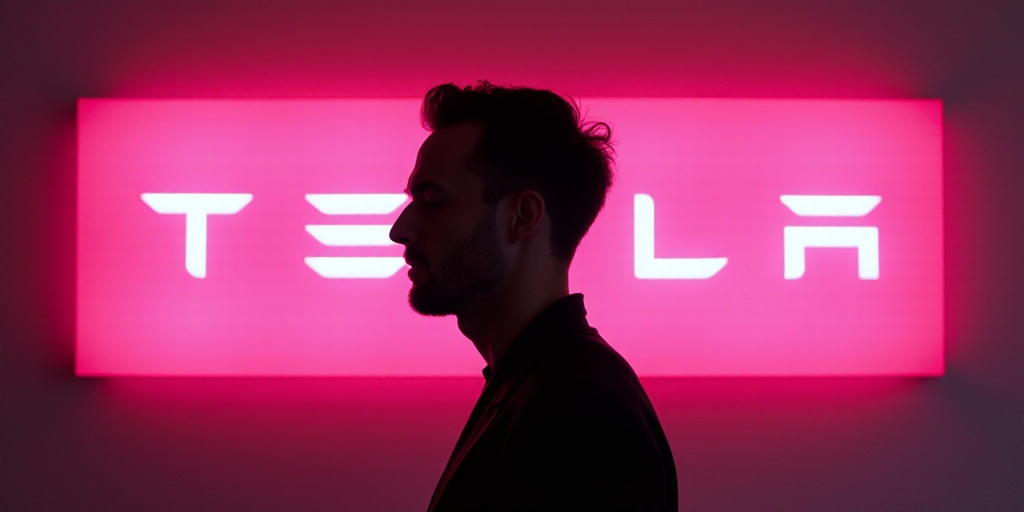Background on Tesla and Elon Musk
Tesla, an electric vehicle manufacturer led by tech entrepreneur Elon Musk, has been at the forefront of innovation in the automotive industry. Known for its cutting-edge technology and ambitious goals, Tesla has been a significant player in promoting electric vehicles and sustainable energy solutions. The company’s Autopilot system, a driver-assistance feature, has been both praised for its capabilities and criticized for safety concerns.
Class Action Lawsuit Details
A class action lawsuit has been certified against Tesla in California, alleging that the company misled customers who purchased its Full Self-Driving (FSD) package. According to a recent court ruling, Tesla repeatedly claimed that its vehicles had the necessary hardware for complete autonomous driving between October 2016 and August 2024.
The Controversy
The lawsuit claims that Tesla’s assertions were false, as the vehicles did not possess the required hardware for full autonomy. Plaintiffs argue that they relied on these statements when deciding to buy the FSD package. The misleading information reportedly appeared on Tesla’s website, blog posts, press releases, earnings presentations, and newsletters.
Marketing Strategy
The court determined that Tesla’s unique marketing approach made it highly likely that most customers would view these claims. Consequently, the groups eligible for the class action include California residents who bought the FSD package between October 2016 and July 2024, opting out of arbitration or purchasing before the arbitration clauses took effect.
Impact on Tesla and Consumers
This class action lawsuit could have significant implications for Tesla, potentially leading to financial penalties and requiring the company to alter its marketing strategies. For consumers, it highlights the importance of understanding the true capabilities of advanced driver-assistance systems like Tesla’s Autopilot.
Key Questions and Answers
- What is the class action lawsuit about? The lawsuit alleges that Tesla misled customers by claiming its vehicles had the necessary hardware for complete autonomous driving when, in fact, they did not.
- Who is involved? The plaintiffs are California residents who purchased Tesla’s Full Self-Driving package between October 2016 and July 2024.
- Where did the misleading information appear? The false claims were reportedly found on Tesla’s website, blog posts, press releases, earnings presentations, and newsletters.
- What are the potential consequences for Tesla? If found liable, Tesla may face financial penalties and be required to change its marketing strategies.
- What does this mean for consumers? This case emphasizes the need for consumers to thoroughly research and understand the actual capabilities of advanced driver-assistance systems before purchasing vehicles equipped with such technology.






